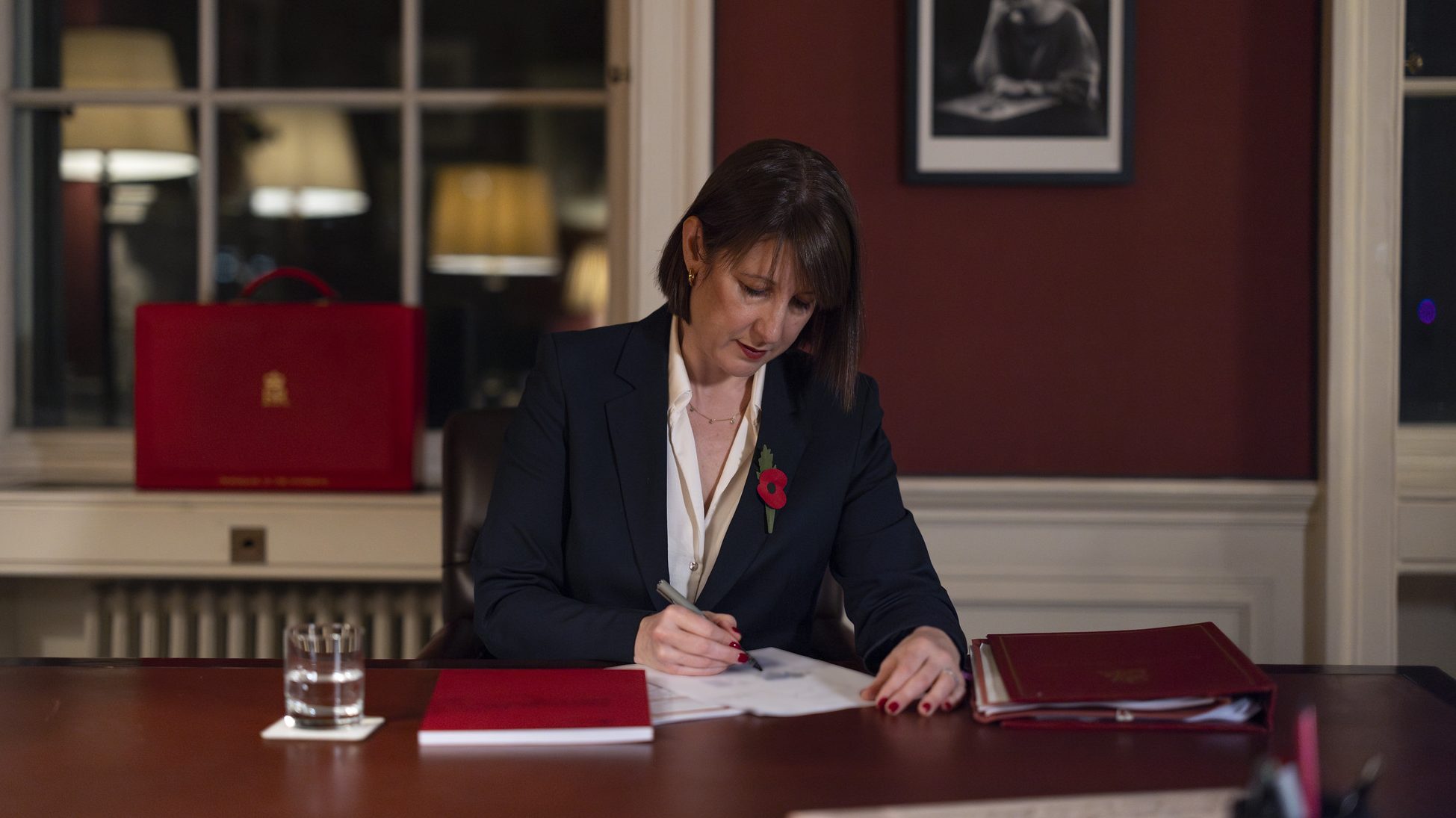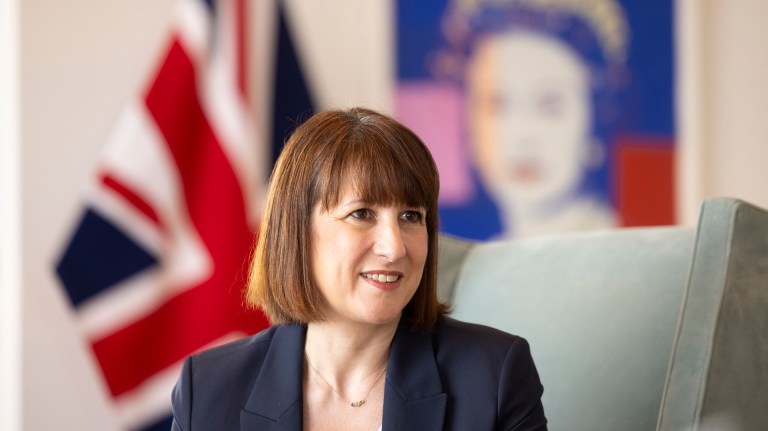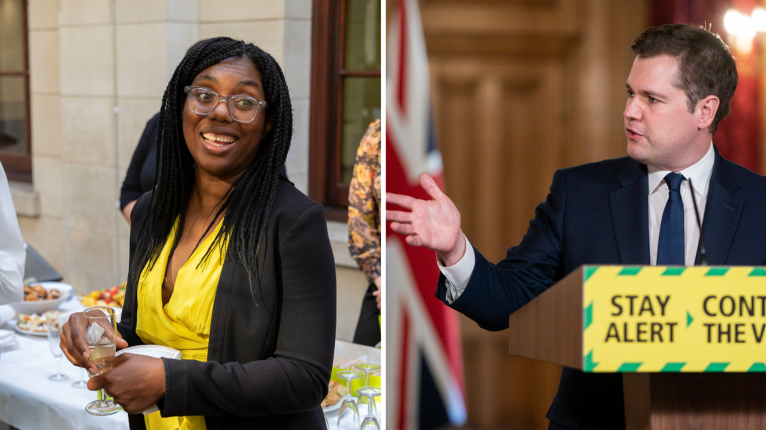As the first Labour budget in 14 years, Wednesday’s autumn statement from Rachel Reeves was billed as a once in a generation event. A “huge day for Britain”. The most consequential in 20 years.
Reeves announced £40bn in tax rises, increased the minimum wage and tweaked taxes on cigarettes, pints and second homes.
Underneath the surface, however, do the chancellor’s economic plans fundamentally change things for the UK? Economics experts told Big Issue it had meaningful policies, but stopped short of a truly radical shake-up.
- A penny off pints and higher wages: What Rachel Reeves’ budget means for you and your bank account
- ‘Disturbing’ disability benefit reforms in Labour’s budget will see hundreds of thousands denied help
‘This could have been delivered by Gordon Brown’
“Today’s budget came across as politically quite clever – fulfilling (much needed) spending promises by targeting tax increases mostly on businesses and richer people,” Calvin Jones, professor of economics at Cardiff University, told Big Issue.
“For the working poor, increases in the minimum wage will be very welcome, as will limiting the attractiveness of Right to Buy, but bearing down on vaping, tobacco and petty shoplifting, while giving climate and air quality-destroying fossil-fuel car drivers yet another let off, shows where Reeves’ social instincts lie.”
But, said Jones, little attention was paid to very modern problems like the climate emergency or the “demographic time bomb” from an ageing population. “What is striking is that this a budget that could have been delivered pretty much word-for-word by Gordon Brown in 1997. The subsequent decades have seen big changes in the UK and the world however, and notable today was the complete lack of discussion about anything much that was deeply structural or really long term,” Jones said.









